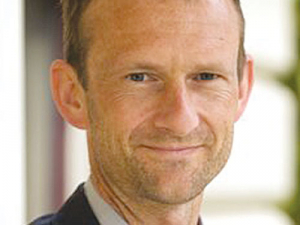The challenge is to reduce our greenhouse gas emissions without economic pain, especially for farmers. One way would be to increase efficiency at farm level. Another would be to develop a methane inhibitor or vaccine to enable animals to perform normally but emit less less methane.
“To what extent do we have to look at the longer-term rejigging of livestock agriculture?” he asks.
“This then raises questions about alternative land uses. Because it’s all very well to say ‘just have fewer cows’, for example. But what are you going to do on the land? And what does it mean for the people who are currently farming the land?
“These are not foregone conclusions but are the issues NZ has to grapple with.”
Reisinger says NZ is seeing the effects of climate change and climate variability on its food production.
“Heatwaves… droughts… floods – these are impacting our ability to produce food the way our farm systems are geared up for, to the point where if we have a major drought we will see a reduction in total milk production.”
NZ is not isolated from the world, he points out. And its dominance in global milk markets means that what happens here influences global milk prices.
Reisinger was speaking after a recent meeting in Christchurch of international climate change experts from the Intergovernmental Panel on Climate Change (IPCC) who are writing a ‘special report on climate change and land’. The panel advises the UN on climate change.
About 100 experts attended the five-day meeting in Christchurch to nut out the structure of their report, which will be formally reviewed then released to the world’s governments in August 2019.
Reisinger says the panel’s function is not to give policy recommendations but to compile the best available scientific evidence on climate change to help governments decide what they want to do.

















